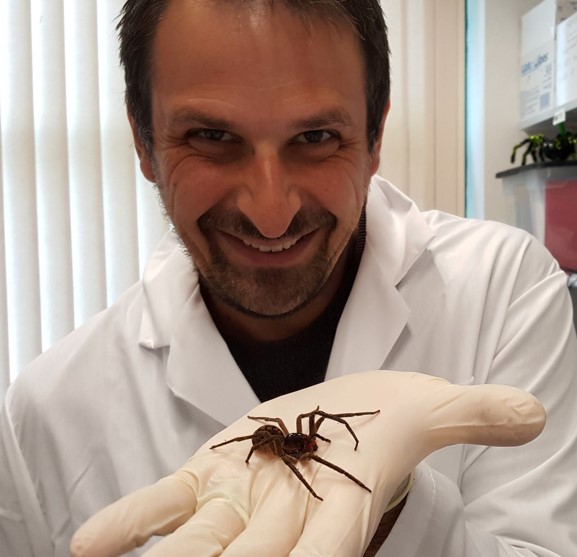-
Courses

Courses
Choosing a course is one of the most important decisions you'll ever make! View our courses and see what our students and lecturers have to say about the courses you are interested in at the links below.
-
University Life

University Life
Each year more than 4,000 choose University of Galway as their University of choice. Find out what life at University of Galway is all about here.
-
About University of Galway

About University of Galway
Since 1845, University of Galway has been sharing the highest quality teaching and research with Ireland and the world. Find out what makes our University so special – from our distinguished history to the latest news and campus developments.
-
Colleges & Schools

Colleges & Schools
University of Galway has earned international recognition as a research-led university with a commitment to top quality teaching across a range of key areas of expertise.
-
Research & Innovation

Research & Innovation
University of Galway’s vibrant research community take on some of the most pressing challenges of our times.
-
Business & Industry

Guiding Breakthrough Research at University of Galway
We explore and facilitate commercial opportunities for the research community at University of Galway, as well as facilitating industry partnership.
-
Alumni & Friends

Alumni & Friends
There are 128,000 University of Galway alumni worldwide. Stay connected to your alumni community! Join our social networks and update your details online.
-
Community Engagement

Community Engagement
At University of Galway, we believe that the best learning takes place when you apply what you learn in a real world context. That's why many of our courses include work placements or community projects.
Venom
Dr Michel Dugon
 I am a zoologist specialist of the evolution and development of venom systems and predation strategies in venomous invertebrates. I am currently investigating a range of related topics including the morphology and the development of spider venom glands, the medical importance of the Noble false widow Steatoda nobilis and the potential of arthropod venom as a novel source of antimicrobial compounds for the pharmaceutical industry.
I am a zoologist specialist of the evolution and development of venom systems and predation strategies in venomous invertebrates. I am currently investigating a range of related topics including the morphology and the development of spider venom glands, the medical importance of the Noble false widow Steatoda nobilis and the potential of arthropod venom as a novel source of antimicrobial compounds for the pharmaceutical industry.
Venom Systems
The study of venom systems can be defined as the investigation of the evolution, morphology and functionality of venom glands, venom toxins, and associated physiological pathways. Venom systems provide a fascinating insight into the role of selective pressure on the progressive modification of appendages and organs.
The Noble false widow Steatoda nobilis
The Noble false widow Steatoda nobilis is thought to originate from the Canary Islands and Madeira. Over the last few decades, this spider has managed to expand its range through most of Europe, parts of the coastal USA and is now found in South America. It is the only known species in the United Kingdom and Ireland capable of producing an array of (mild) medical symptoms in envenomated patients. This project is currently funded by a College of Science PhD scholarship.
The VIDAA project: Venom Investigation for the Development of novel Antimicrobial Agents
The World Health Organisation lists antimicrobial resistance (AMR) as one of the greatest threats to global health and one of the most urgent medical crises to be addressed. Globally, AMR has been responsible for over 700,000 deaths in 2015, and did cost an estimated €50 billion in lost productivity and healthcare. The WHO estimates that if remedial measures are not rapidly taken, AMR-related illnesses may result in excess of 10,000,000 deaths and 100 trillion in lost productivity by 2050. In this context of constant “arm race”, new drug discovery is urgently needed to tackle AMR. However the pharmaceutical industry has been reluctant to invest in antimicrobial agents R&D for the past three decades.
The goal of VIDAA is to investigate the potential of venom peptides as a novel source of antimicrobial compounds, to further the current understanding of antibiotic venom peptides’ mode of action and to produce a catalogue of antimicrobial peptides derived from the venom of invertebrates. This project is run in collaboration with NUI Galway researchers and other institutions abroad.
Get involved
Members of the Public: Click HERE to support the VIDAA project and make a donation.
Institutions: We are looking for financial / entrepreneurial partners to help develop our VIDAA project. Please contact Dr Michel Dugon (michel.dugon@nuigalway.ie) for further details.
You can also:
See my full institutional profile on IRIS
Check out my publications in:
Google Scholar
ORCiD
Email me: michel.dugon@nuigalway.ie
Follow me on Twitter: @Michel_Dugon















